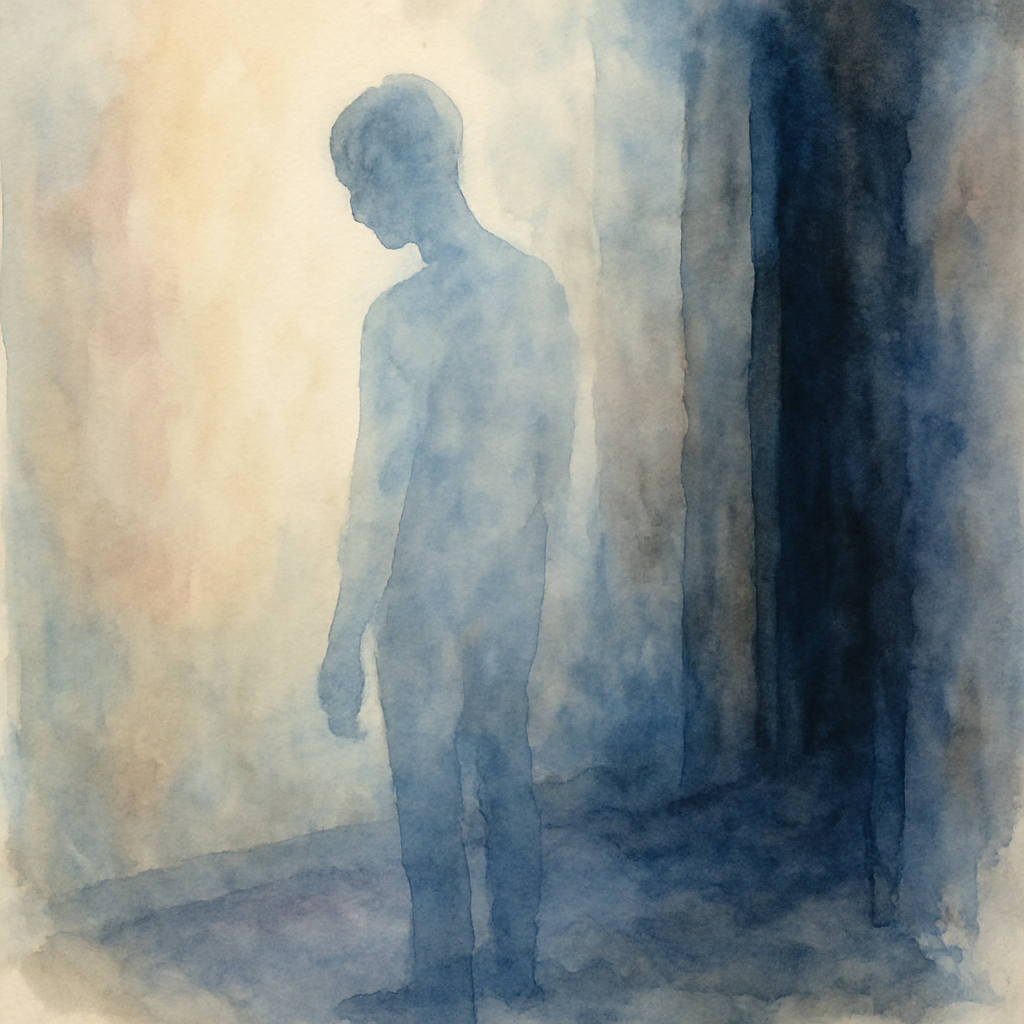Ghosting in Cancer: When the World Moves On Without You

There’s a part of cancer no one really warns you about.
It’s not the treatment, the scans, or even the side effects. It’s what happens after — when everyone else seems to go back to their lives, and you’re left feeling like a shadow of the person you used to be.
This is what I call ghosting in cancer.
You start to notice the silence. The people who checked in weekly… don’t. The energy you used to have… gone. The mirror shows someone who looks like you, but isn’t quite. You’re here, but not fully. Present, but distant.
It’s not about being forgotten intentionally. Most people just don’t get it — how recovery is messy, how strength doesn’t come back all at once, how grief shows up when you least expect it. It’s a quiet phase, and in that quiet, it’s easy to feel invisible.
But here’s the thing: You’re still here. You’re rebuilding.
Even if the world has moved on, you haven’t stopped fighting.
This space — the in-between — is hard. But it’s also where transformation happens. It’s where survivors find their own voice, their own power, their own path forward. Not the version of you before cancer, but the one you’re becoming now. Wiser. Stronger. Still standing.
I can see you nodding as I write this
If you’re nodding along to this, I see you. You’re not alone. I write a newsletter each week for people just like us — those living in the space after the storm, trying to get their energy, strength, and confidence back one step at a time.
Psychology of Dealing with Ghosting
- Avoidance coping: Some people struggle with discomfort or confrontation and ghost to avoid an awkward "no" or hard conversation.
- Overwhelm: Life stress, illness, or mental health issues can make communication feel like a heavy task.
- Lack of emotional tools: Not everyone has developed communication skills for closure or expressing themselves clearly.
- Guilt/shame: If someone hasn't followed through or is disappointed in themselves, they may ghost to avoid facing it.
